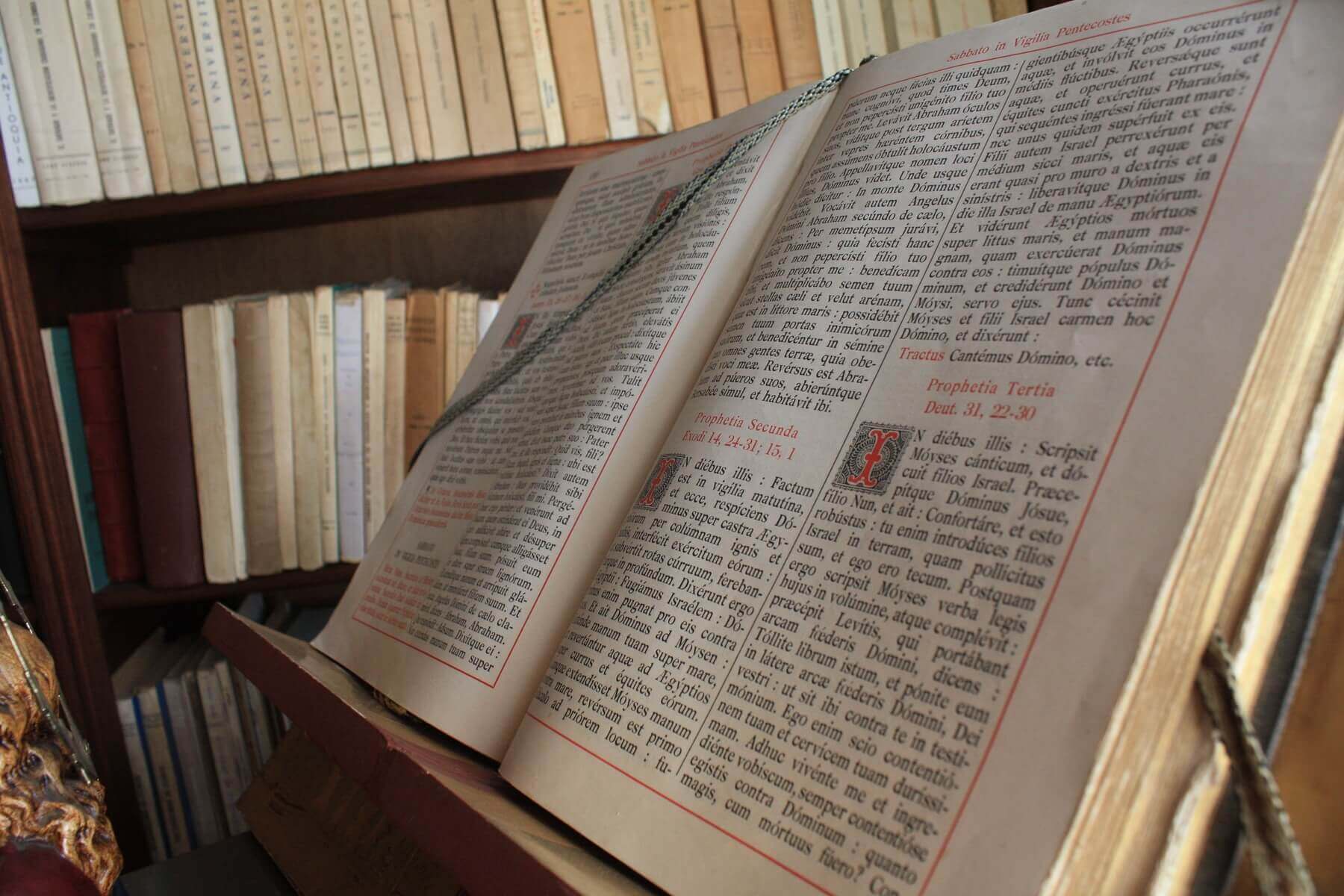In Romans, chapter 4, we hear about a scripture that Paul references when he was speaking about Abraham and his great faith in God. But what is this book and chapter that he is referring to? Well, we need to first read what Paul said and see if any verses in the Old Testament state the same things that he taught. Starting with verse 1, it reads, “what shall we say then that Abraham our father, as pertaining to the flesh, hath found? For if Abraham were justified by works, he hath whereof to glory; but not before God. For what saith the scripture? Abraham believed God, and it was counted unto him for righteousness. Now to him that worketh is the reward not reckoned of grace, but of debt. But to him that worketh not, but believeth on him that justifieth the ungodly, his faith is counted for righteousness.” (Romans 4:1-5) Now, you will see in bold above how Paul mentions a verse in the Bible that he counted as scripture. This is important, for if he said something is scripture, then that means it is God’s Word also. And if it God’s Word, then it should be a part of our canon of scripture in the Bible today. This is true, my friends. Therefore, we ought to find such a book, of which Paul is referencing here. Paul spoke of both our father Abraham and David, of which I will refer to later. Now, this mysterious book was not so mysterious back then. It is no less than 1 Maccabees. Chapter 2 is that reference.
In 1 Maccabees, chapter 2, starting with verse 50, Mattathias said the following to his sons. “Now therefore, my sons, be ye zealous for the law, and give your lives for the covenant of your fathers. Call to remembrance what acts our fathers did in their time; so shall ye receive great honour and an everlasting name. Was not Abraham found faithful in temptation, and it was imputed unto him for righteousness? Joseph in the time of his distress kept the commandment and was made lord of Egypt.” (1 Maccabees 2:50-53) “David for being merciful possessed the throne of an everlasting kingdom.” (1 Maccabees 2:57) Paul also speaks of David in the same way. “Even as David also describeth the blessedness of the man, unto whom God imputeth righteousness without works, saying, Blessed are they whose iniquities are forgiven, and whose sins are covered. Blessed is the man to whom the Lord will not impute sin.” (Romans 4:6-8) As you read in both Romans 4 and 1 Maccabees 2, you will see, as I have, how similar these teachings of faith and imputed righteousness are. Paul surely knew of this chapter in 1 Maccabees and was able to teach from it, that we might know that these verses are still important to our welfare and learning today. Surely, it would be wonderful if God imputes righteousness for my faith when I die. How about you? This is what we all hope for as saints.
Let us pray:
Oh Lord, I pray that we will learn to respect one another. Though we have our differences, we can still work together for Your welfare, God. I love Your words in the Bible, but often wonder where these scripture references come from when they are not part of our canon today. Sure, people will say that many of these books were lost over time and that is true. But some of these references, like Paul makes in Romans 4 do still exist in the 1 Maccabees. The sad thing is, is that people decided that these books of scripture were not important enough to make it in the canon. The very fact that people have decided over time to include and exclude books of scripture is disheartening. Especially when You, Jesus, Paul, and others quote from these other books and even call them scripture. This alone should have caused people who were gathering the correct books in the canon to consider these references. Unfortunately, what we have is missing important books, and reading outside sources is looked down upon. As for me, I do not care what people in this world think of me. If 1 Enoch, 1 Maccabees, and others are directly quoted as scripture in the Bible, then my curiosity is increased. I love Your words, God. They are a lamp unto my feet. I want more of You and less of me. Continue to teach me what is right and what is wrong. What I need to stand on for truth and to stand against. I love You. Amen.

















